SUMMARY
This is AI generated summarization, which may have errors. For context, always refer to the full article.
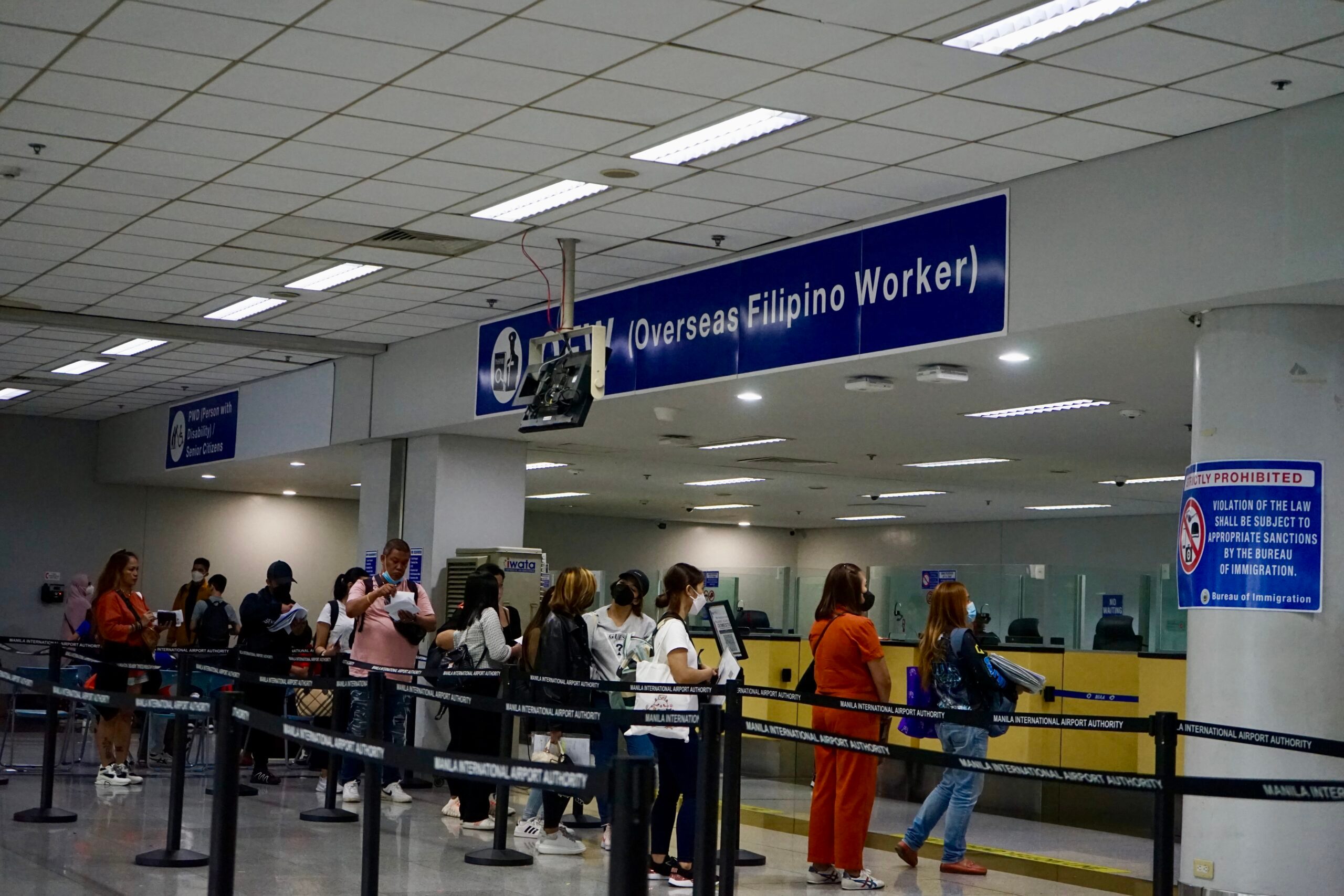
MANILA, Philippines – The House committee on overseas workers affairs consolidated two bills that seek to establish welfare mechanisms for the families left behind by overseas Filipino workers (OFWs), one of which includes requiring the formal application of an OFW to designate a temporary guardian of his or her child if the other parent will not be able to take care of them.
OFW Representative Marissa Magsino, author of House Bills (HBs) 370 and 8560, noted in a committee hearing on Wednesday, August 16, the social costs and risks of sending Filipino workers away from their families.
“Unable to earn enough money at home, many seek employment abroad hoping to give their families a better future. However, it comes at a high price. Despite the financial gains of working abroad, overseas Filipino workers and their families become vulnerable to certain challenges when the OFW is away,” Magsino said in her sponsorship speech for HB 370.
In her sponsorship speech for HB 8560, Magsino pointed to two instances of tragedies among OFW children, both relating to their deaths at the hands of caretakers their parents entrusted them to.
One was the case of Virginia dela Peña, an OFW in Saudi Arabia, whose four young children aged 5 to 14 were allegedly stabbed to death on March 9 by her live-in partner whom she entrusted her children. The suspect also took his own life after the incident.
Another was a case in November 2022, when the boyfriend of a Middle East-based OFW allegedly raped and killed the OFW’s 11- and 15-year old daughters in Davao del Sur.
“These serious tragedies are not just stories… They’re real-life experiences of our OFWs who paid the high price of their involuntary absence as parents, and for unwittingly leaving their children behind helplessly in the hands of predators and psychopaths, if I may say,” Magsino said, noting that similar incidents are probably happening, but are unreported.
HB 8650 seeks to institutionalize a temporary guardianship system in which OFWs can ensure their minor children’s safety by designating a trusted “temporary guardian,” who will be subject to monitoring by barangay officials and the Department of Social Welfare and Development (DSWD).
Temporary guardians can be a surviving grandparent, an elder sibling over 21 years old, a relative of the minor child within the third degree of consanguinity, the minor’s actual custodian over 21 years old, and any person known to possess a good moral character as certified by the respective barangay, and who has no known criminal record.
Magsino also noted the other challenges in the separation of families by labor migration, which included socio-emotional maladjustment, behavioral problems by one or several members of the family, and “breakdown in family and social cohesion.”
“These lead to wasting the potential benefits of working abroad and causing oftentimes irreparable harm to the families left behind,” she added.
HB 370 aims to establish OFW Family Centers nationwide, using the facilities of the Department of Migrant Workers and the Department of Social Welfare and Development. These centers aim to provide welfare assistance and counseling, serve as coordinating offices for nongovernmental organizations that cater to OFWs, and to serve as a “link” of left-behind households to various services of the government on overseas employment.
These would be located in municipalities where there are high concentrations of OFW families.
Possible hesitancy
While committee chair Kabayan Representative Ron Salo welcomed the bills, he noted the need to ensure that temporary guardians would not be discouraged by the risk of sanctions that come with accepting to be temporary guardians.
The sanctions are in section 8 of HB 8560, and can go as far as criminal prosecution for culpable negligence.
“My concern here is that we need to ensure that it’s balanced also, because the guardians would already be granting a favor, and then they might face a case. So we need to thresh that out, Salo said in a mix of English and Filipino.
Salo also noted that, in some cases where OFWs are rushing to leave the country in pursuit of a certain opportunity, some may accomplish the guardian applications for the sake of compliance without totally understanding the implications of the guardianship.
Nothing like a parent’s presence
Carmelita Nuqui, president of Philippine Migrants Rights Watch, brought up the larger issue of the Philippines’ policy of not promoting overseas employment as an economic strategy, as mandated by the 1995 migrant workers law.
“Ang isang proposal po sana, tingnan natin… Paano tayo magkakaroon ng more job opportunities dito? Kasi nga po, ‘yung social cost of migration ay mas malaki ang impact,” said Nuqui in the Wednesday hearing. (One proposal would be to check how can we have more job opportunities here? Because the social cost of migration is larger now.)
Nuqui said that while families at home can take care of the children left behind, OFWs still worry about other problems when they go abroad, such as possible exploitation.
“There is no substitute for a mother taking care of her own child, even if we institutionalize legal temporary guardians. So that is a proposal: While we are promoting and protecting our migrant workers and their families, we should look at [the creation of local employment],” she said.
“Sana ‘yung coordination din between the DMW and the DOLE (Department of Labor and Employment) doon sa local employment ay masimulan din po natin,” she added. (We hope the coordination of the DMW and the DOLE on matters of local employment can begin.) – Rappler.com
Add a comment
How does this make you feel?


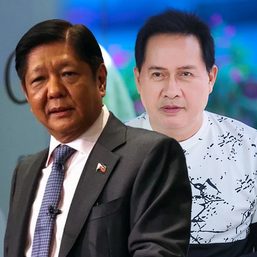

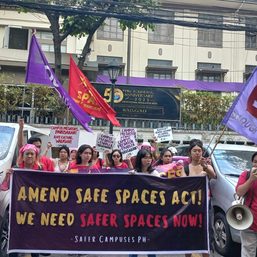
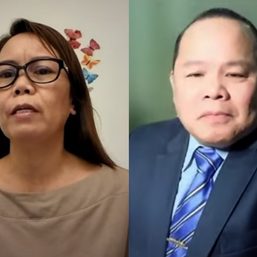
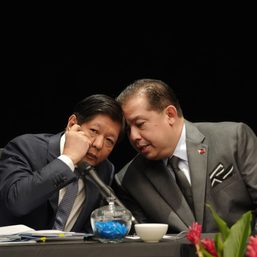




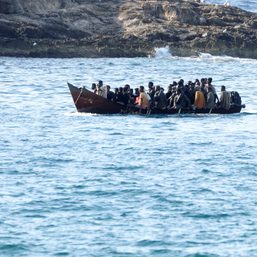

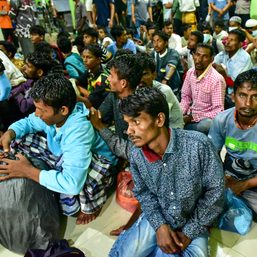
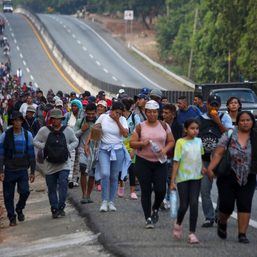




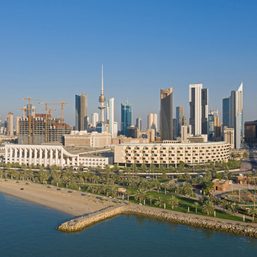
There are no comments yet. Add your comment to start the conversation.